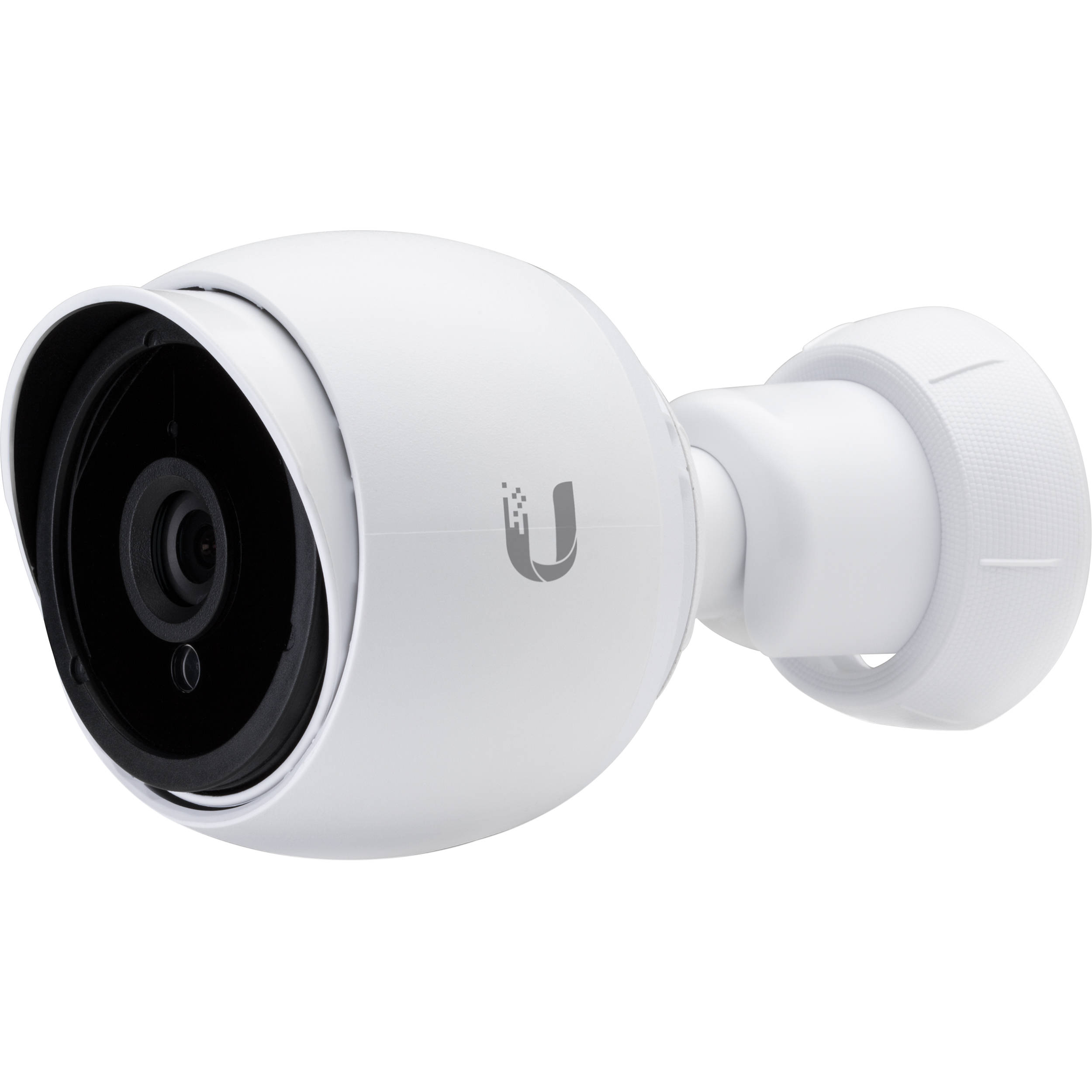Efficient Time Management
Surveillance in the work environment can improve productivity. The data collected regarding employees’ computer use, for example, can help employers migrate the time employees spend on non-work browsing and emailing to more productive uses. Specific knowledge, gleaned through computer monitoring software, gives employers the ability to institute policies that focus on problem areas. If monitoring reveals that workers are shopping online or socializing on Facebook during work time, management can specifically restrict these practices through the use of software filters that block access to specific sites.
Loss Prevention
Employers can protect their business assets through monitoring of the workplace. From relatively minor theft, such as a worker slipping a box of paper clips into her purse to more substantial incidents, such as an employee selling proprietary company information to a competitor, contemporary surveillance tools heighten management’s ability to safeguard company assets. Thanks to high-tech forensics, even incriminating memos or emails that an employee has deleted from the office computer are recoverable for use as evidence of wrongdoing.
Improved Employee Performance
AMA reports that 84 percent of employers surveyed who use surveillance systems said they inform employees that their computer use and email are being monitored. About 78 percent who utilize anti-theft surveillance let employees know about it, while 89 percent inform workers of video performance monitoring. While this may seem counterintuitive for those trying to catch employees misbehaving, it actually gives workers the chance to be more responsible and productive on the job. The knowledge that the employer is watching at all times can, in itself, inspire better performance and improve productivity without the need for unpleasant confrontations.
Lack of Widespread Regulation
The lack of federal and consistent state regulation of workplace surveillance simplifies legal issues for employers who wish to keep an eye on their employees. The Privacy Rights Clearinghouse organization says that while workplace monitoring “is virtually unregulated,” some states, such as Connecticut, have established laws that restrict the ways in which businesses monitor their workers. Also, labor unions have the right to negotiate employee privacy issues with employers, according to the 1997 National Labor Relations Board ruling that surveillance is a topic subject to mandatory bargaining.
